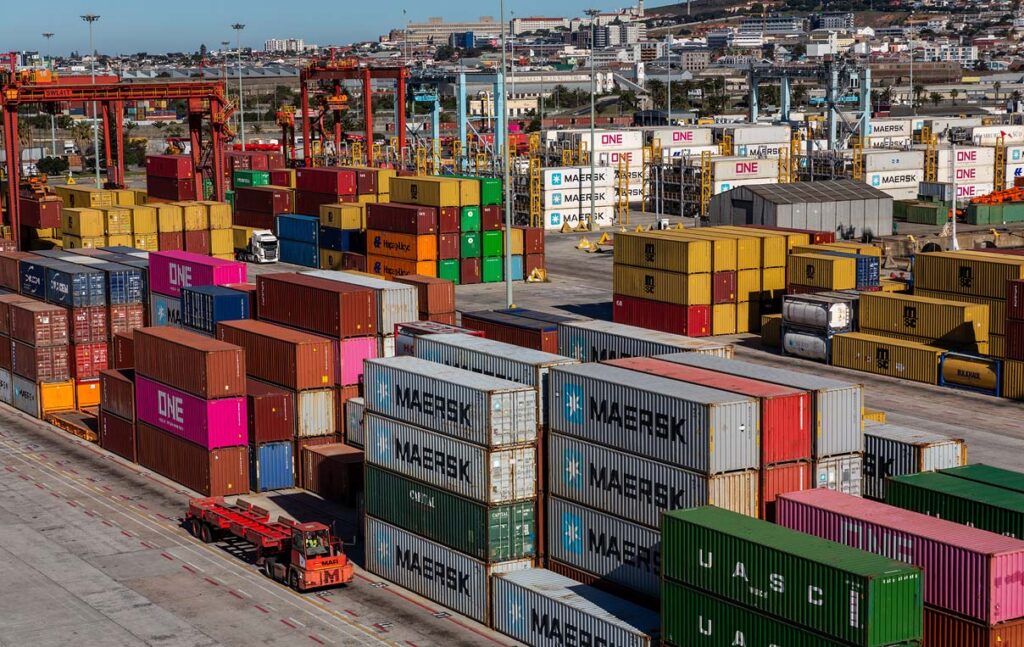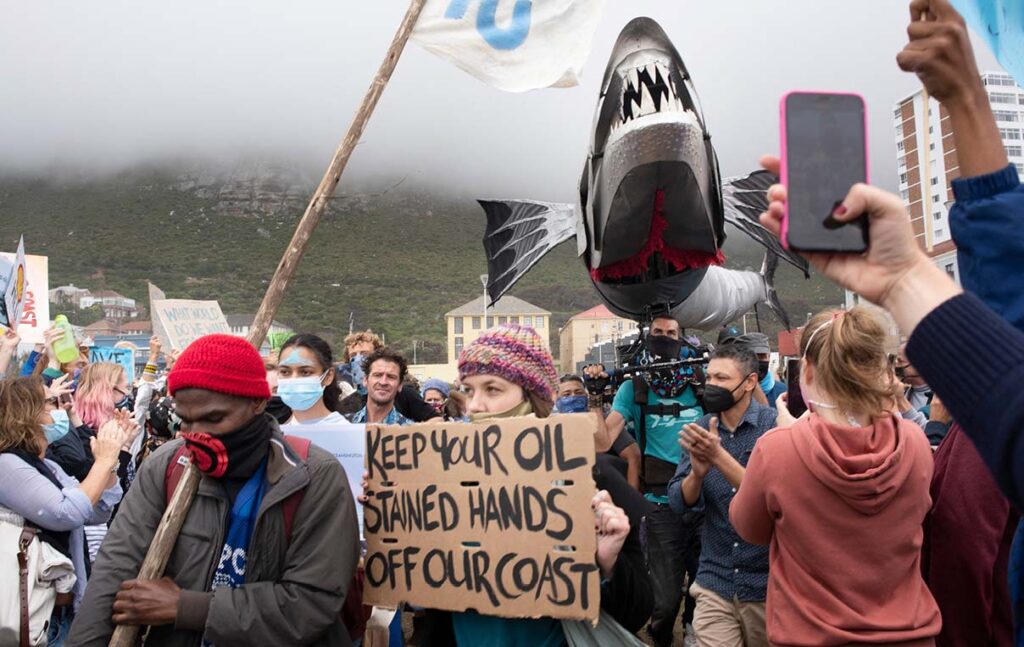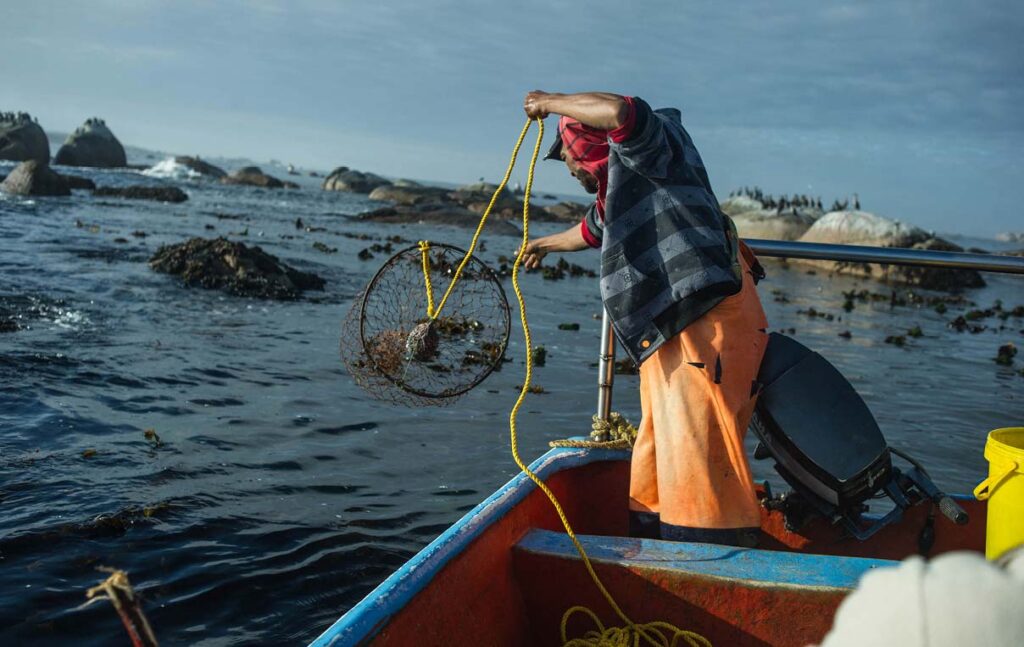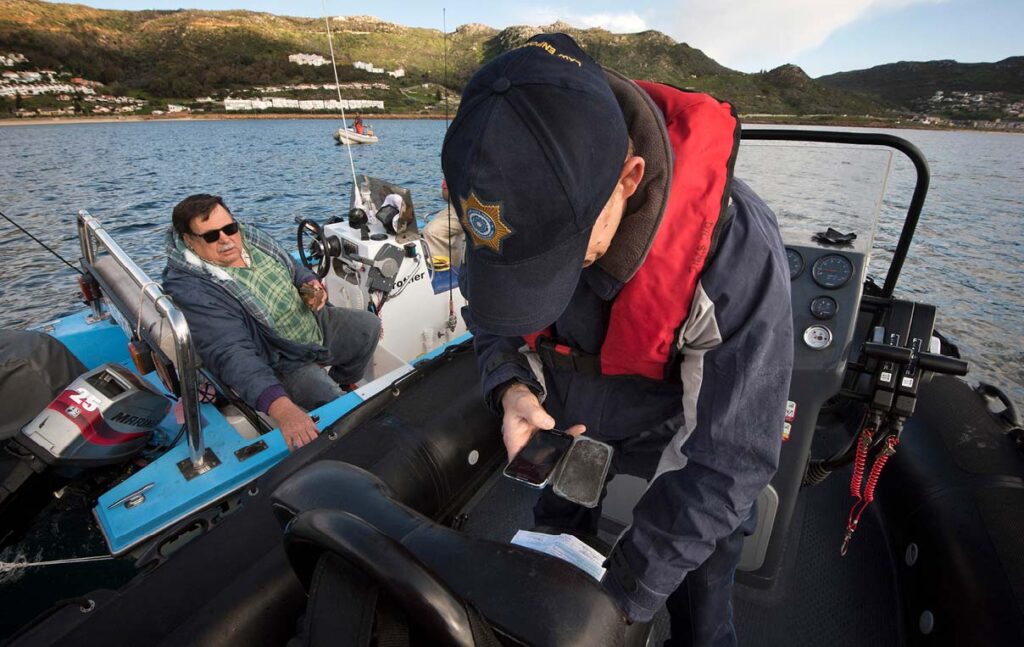The “blue economy” concept, introduced at the 2012 UN Conference on Sustainable Development, broadly refers to the sustainable use of ocean, sea, and coastal resources for economic activity. This model integrates environmental, social, financial, and institutional objectives, making marine resources central to job creation, food security, economic growth, and environmental protection. The African Union’s (AU) Integrated Maritime Strategy extends Africa’s blue economy to include inland waterways, positioning it as an essential element of socio-economic transformation.
Africa’s blue economy currently contributes more than $300 billion and 49 million jobs across 38 coastal and island states, emphasising its potential as a transformative driver of growth. The first aspiration of Agenda 2063, The Africa We Want, is “a prosperous Africa based on inclusive growth and sustainable development”, which recognises the potential of the blue economy as a catalyst of socio-economic transformation. Similarly, the AU declared 2015-2025 the Decade of African Seas and Oceans to fulfil the 2050 Africa Integrated Maritime Strategy.
The global ocean economy, estimated at $2.3 trillion in annual goods and services, is projected to grow to $3 trillion by 2030, potentially creating 40 million jobs. However, rising sea levels, climate change, resource overexploitation, and geopolitical tensions pose serious risks. Africa’s blue economy faces additional hurdles, including piracy, weak governance, illegal fishing, and conduits for human trafficking and shipment of narcotics, as highlighted by the 2023 United Nations Global Report on Drugs in 2023. Moreover, weak governance leads to corruption, manifestly through state-sanctioned and private-sector complicit malfeasance on a grand scale, as demonstrated by the “tuna bond corruption scandal” in Mozambique and the “Fishrot corruption scandal” in Namibia.

South Africa’s geography – a coastline spanning nearly 4,000 km – positions it uniquely within the blue economy. The National Development Plan 2030 envisions leveraging this oceanic access to drive economic growth and job creation, projecting a potential contribution of R177 billion to GDP and creating up to one million jobs by 2030. In support of these goals, South Africa launched Operation Phakisa in 2014 to unlock value from marine resources, focusing on four areas: marine transport and manufacturing, offshore oil and gas exploration, aquaculture, and marine protection and governance.
Despite early enthusiasm, Operation Phakisa has yet to achieve its anticipated outcomes, hindered by the lack of strong political leadership, stakeholder conflicts, and logistical challenges. Against this backdrop, the following section evaluates Operation Phakisa’s progress in each priority area.
Marine transport and manufacturing
South Africa’s eight major ports, including globally significant container and dry bulk ports, are hindered by operational inefficiencies, as highlighted by the World Bank’s 2023 Container Port Performance Index. Key ports – Cape Town, Durban, and Port Elizabeth – rank among the worst globally due to outdated infrastructure, equipment failures, and mismanagement. This inefficiency has significant economic repercussions. Tellingly, in the form of the events of 2023, where the Durban port saw a crisis and gridlock, with extreme congestion. The gridlock is estimated to have cost the country approximately R1.2 billion a year. The South African Association of Freight Forwarders said that delays at the ports have had direct costs to the South African economy of R100 million daily and impeded the movement of around R7 billion worth of goods.
Moreover, South Africa missed capitalising on increased traffic when the 2023 Middle East conflict disrupted Suez Canal shipping. Although rerouted vessels created a demand for bunkering services, infrastructure deficiencies, bureaucratic stalemates, and port congestion prevented South Africa from seizing this strategic advantage. Addressing these issues requires prioritising infrastructure investment, capacity building, and public-private partnerships to enhance port efficiency, alleviate bottlenecks, and capitalise on emerging opportunities.

Oil and gas exploration
A key focus for the South African government in developing its ocean economy is exploring offshore gas and petroleum resources. South Africa’s offshore basin is rich in untapped resources. According to official government projections, South Africa’s offshore reserves include an estimated nine billion barrels of oil and significant natural gas deposits, which could significantly impact energy independence and economic growth. Operation Phakisa had set ambitious targets for offshore exploration, aiming for 30 new wells and a potential production of 370,000 barrels per day.
However, environmental concerns and high costs have slowed progress. There has been mounting opposition to offshore exploration due to the associated environmental dangers of fossil fuel exploration and harmful practices such as seismic blasting. The process has been met with protests and legal challenges by communities and environmental and human rights NGOs in areas including the West Coast and the Garden Route in the Eastern and Western Cape Provinces. High costs are another issue; Total Energies’ withdrawal from the Brulpadda and Luiperd discoveries, after spending north of R12 billion, citing insufficient commercial viability, underscores the risks. Instead, the company has prioritised exploration in other areas closer to Namibia.

Significant offshore gas deposits and reserves have been discovered in different countries in the neighbourhood, including Angola, Mozambique, Namibia, and Tanzania. In contrast to South Africa, these countries are experiencing massive international investment by offering policy certainty and lower costs. The recent signing of the Draft Upstream Petroleum Resources Development Bill will allow the South African government to claim a stake and attract interest in oil and gas exploration and production projects.
The government must ensure a stable regulatory framework to attract investors. Establishing a streamlined “one-stop shop” for licensing, supporting spill response capacity, and enforcing the International Oil Pollution Compensation Fund could create a more favourable environment. Expanding research into renewable marine energy options could also enhance sustainability and reduce reliance on fossil fuels.
Aquaculture development
Globally, the market value of fish production is estimated to be worth R4.1 trillion annually. According to the World Economic Forum, demand for blue foods – food from aquatic sources – is expected to double by 2050. Coincidentally, South Africa boasts a rich and diverse marine ecosystem with thousands of marine plant and animal species. The domestic fishing industry contributes at least R7.9 billion to annual GDP and provides employment opportunities for about 58,000 South Africans. The South African government has set a target to significantly expand the country’s aquaculture industry and establish its crucial role in fish product supply, job creation and contribution to national income and rural livelihoods. The plan aims to achieve specific targets, including increasing the sector’s revenue, generating 6,560 new direct jobs, producing an additional 27,020 tonnes, and promoting increased participation to support transformation in the industry.

However, this still needs to be achieved; limited access to funding, markets, and infrastructure and a shortage of technical skills have hindered sector growth. In coastal areas such as the Western Cape, poverty and youth unemployment are linked to crime and gangsterism, threatening maritime security by leading to disruptions to fishing, tourism, and agriculture sectors. The Western Cape province contends with the illegal poaching of high volumes of abalone and other species, bringing hundreds of millions of rands to the black market. Illegal fishing and overfishing are other threats, with some fish stocks fished at biologically unsustainable levels. Criminal networks traverse sovereign maritime borders and the high seas, negatively impacting the sector.
South Africa can also learn from the case studies of countries with thriving aquaculture industries, such as Norway. Simplifying the allocation of fishing rights and ensuring effective enforcement of the Marine Living Resources Act could enhance the sector’s viability.

Governance and Policy Recommendations
It has been a decade since Operation Phakisa was conceptualised; moreover, South Africa has five years until 2030, the deadline for the National Development Plan. South Africa must strengthen governance and foster strategic international partnerships to unlock the blue economy’s full potential. Key recommendations include:
- Establishing a dedicated maritime ministry: Drawing inspiration from Nigeria’s maritime ministry, a focused South African ministry could streamline oversight, enhance inter-departmental coordination, and drive competitiveness in the global marine economy.
- Strengthening partnerships: Collaboration with African Union initiatives, such as the 2050 Africa Integrated Maritime Strategy, and through the Africa Continental Free Trade Area (AfCFTA), could support regional maritime security and trade. Multilateral engagement, including with the Indian Ocean Rim Association, could further bolster South Africa’s maritime interests.
- Implementing evidence-based policy: Drawing lessons from successful blue economy models in countries like India, Portugal, Egypt, and Seychelles could inform sustainable practices and drive economic growth.
- Emphasising sustainable practices: Conservation practices, protected areas, and regulated fishing quotas will ensure ecological balance, while responsible marine resource use supports long-term sector health.
With its strategic location and abundant marine resources, South Africa has a unique opportunity to advance food security, create jobs, attract foreign investment, and foster sustainable economic growth. Operation Phakisa’s initial vision remains within reach, but success will require decisive action to address current operational, governance, and infrastructural challenges. In Sesotho, Phakisa means “hurry up,” underscoring the urgency with which South Africa must act to transform its blue economy aspirations into a sustainable reality.

Stuart is an independent policy analyst. He holds a Master of Arts degree in Security and Strategic Studies from the University of Pretoria. Previously, he was a researcher in the governance delivery and impact programme at Good Governance Africa. Before joining Good Governance Africa, he was a junior research fellow with the Centre for Law and Society at the University of Cape Town. He also worked as a research consultant at the Institute of Security Studies.



